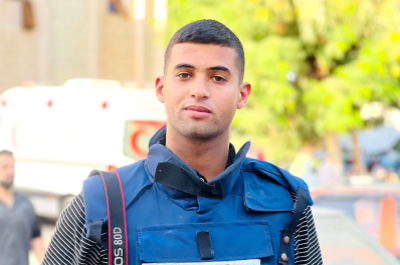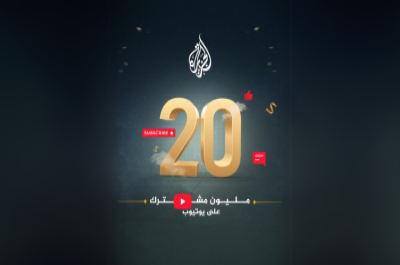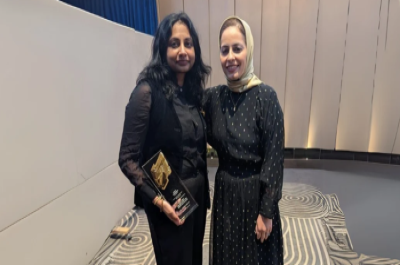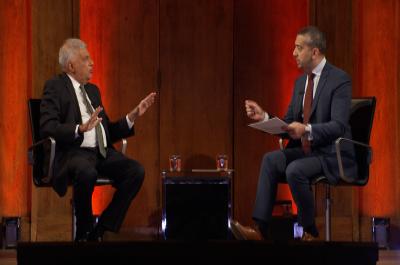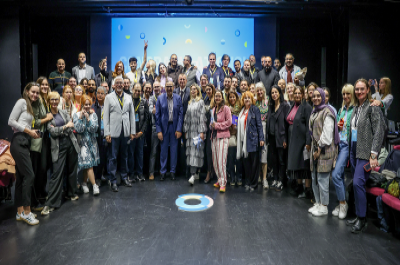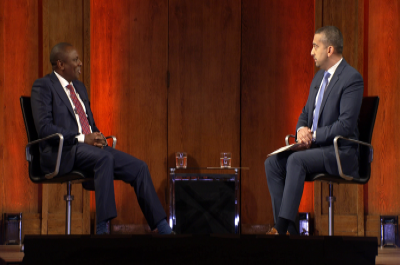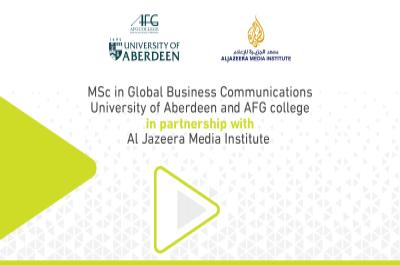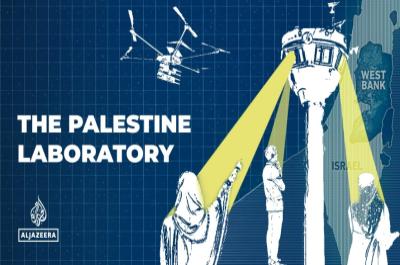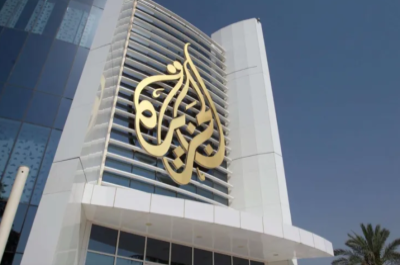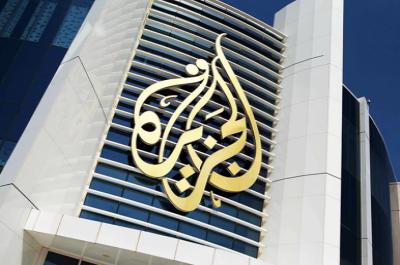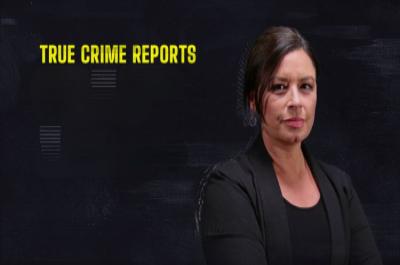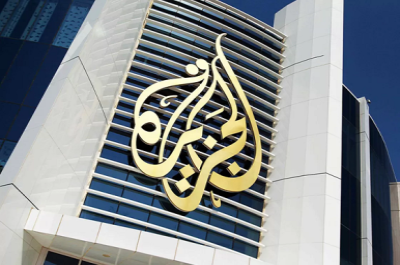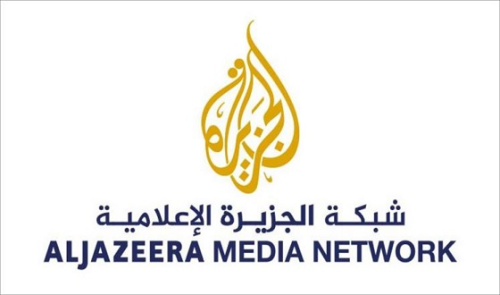
Former Advisor to the Saudi Royal Family tells Al Jazeera English: The world “should be worried” about war between Iran and Saudi Arabia
· Former advisor to the Saudi royal family warns that the world “should be worried” about open confrontation between Iran and Saudi Arabia.
· Says Iran and Saudi Arabia’s corrosive relationship “have the ingredients for a major confrontation.”
· Former Iranian diplomat counters: “I don’t believe there will be a war,” “We need diplomacy.”
(Washington D.C. – 15th, January, 2016) – In an interview with Al Jazeera English’s flagship current affairs show, ‘UpFront’, Jamal Khashoggi, a former advisor to the Saudi Arabian royal family, says open conflict between Iran and Saudi Arabia is a real possibility.
“[The world] should be worried,” he told “UpFront” host Mehdi Hasan.
“The hate, the anger, the killing,” said Khashoggi. “They have the ingredients for a major confrontation.”
Khashoggi, who served as media advisor to Prince Turki Al-Faisal and is one of the Kingdom’s most influential journalists, also put the blame for escalating tensions squarely on Iran.
“It all happened because of a simple reason,” he said. “Iranian expansionism.”
“It was the straw that broke the back of a very strained, very bad relationship, and experiences we have had with the Iranians. It’s all about expansionism, not anything else,” he added.
Joining Khashoggi on the programme was Seyed Hossein Mousavian, the former head of the Foreign Relations Committee of the Supreme National Security Council of Iran. Mousavian strongly disagreed with Khashoggi’s analysis.
“Iran really believes the major threat to peace, security, and stability in the Middle East, in the region, is the rise of terrorism,” he added. “Saudi Arabia supporting the opposition, the terrorists, sending money, weapons, to destabilize Syria was the source of Syrian crisis.”
Mousavian, however, believes war is unlikely and negotiations are a must.
“I don’t believe we should be worried,” he said. “I don’t believe there will be a war.”
“We have to understand we need diplomacy like what we did on Iranian nuclear crisis,” he added. “Everyone knows after Rouhani’s election, Tehran approached many times to have direct negotiation with Riyadh on different issues.”
Sarah Leah Whitson, the executive director of the Middle East and North Africa Division for Human Rights Watch, and one of the foremost experts on the region also joined the program and commented on Saudi Arabia’s execution of Sheikh Nimr al-Nimr, the event which sparked the recent spat between nations.
“It was a really unwise move both domestically, regionally and globally,” she said.
“Clearly it was a disastrous move on [Saudi Arabia’s] part since it will neither quell the appropriate and legitimate demands of the Shia population in Saudi Arabia for an end to the discrimination against it. Nor does it help the region in the extent to which it has stoked tensions with Iran at a very delicate and fragile time when all hands are needed on deck to deal with the problem in Syria,” she added.
Whitson also explained who she believes the real victims are in this situation.
“Yet again it is the Syrian people who are going to pay the price for these regional power dynamics,” she said.
*ENDS*
NOTES FOR EDITORS:
• Please credit Al Jazeera English and ‘UpFront’ if you plan to use any quotes from these interviews.
• The full interview will be available online at: www.aljazeera.com/upfront from 19.30GMT onwards. Please add this link to your online copy if quotes are used.
• UpFront, hosted by Mehdi Hasan, broadcasts on Fridays at 19.30 GMT.
